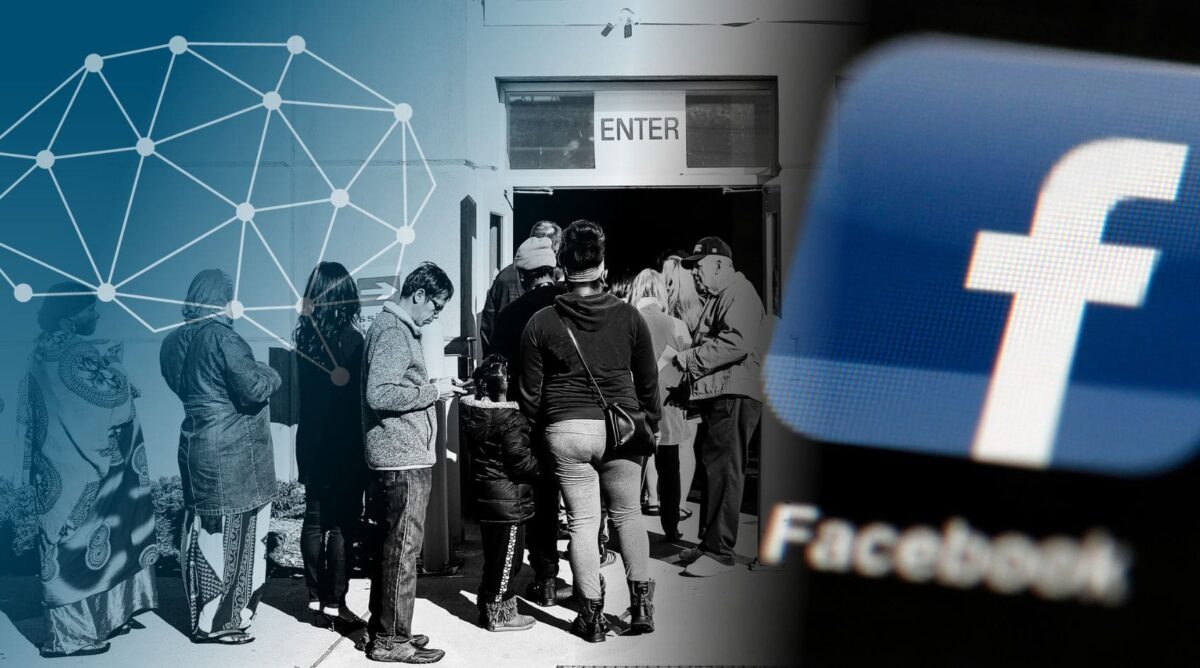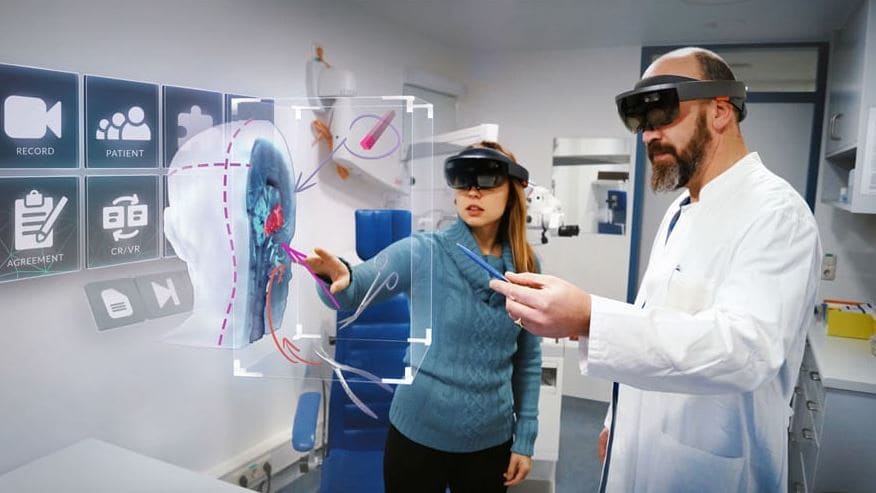Introduction
Technology influences students and educators in various ways, positively and negatively impacting the learning process. For these reasons, collaboration among teachers, learners, parents, and government agencies should be ensured when using modern teaching aids. Even though technology adversely affects modern education, this learning mode should be adopted because it presents many benefits, and all problems can be solved through the appropriate practices.
Adverse Effects of Using Technology in Learning
Individuals opposing the idea of adopting technology in modern education argue that it causes students to lack some important skills, have fewer social interactions, and experience social class differences. Firstly, learners are likely to have poor skills for reading, writing, and solving mathematics problems if they overly use technology for educational purposes (Alhumaid 13). Typing may lead to poor writing skills because it encourages copying and pasting of information, and over-reliance on calculators causes students to disregard the need to understand arithmetic concepts. However, educators can address this issue by incorporating resources like how to write a thematic essay to promote critical thinking. Secondly, technology dehumanizes the learning process since it does not encourage close relations between educators and students or among the learners (Alhumaid 14). As individuals get more screen time, they have limited opportunities for social interactions. Using technology in the classroom also exacerbates social class differences between the poor and the rich (Alhumaid 16). Students who can acquire the required devices will easily gain technological skills, while many others may not. Thus, technology presents several problems, which, if not addressed, may have harmful effects on the learning process.

Supporting the Use of Technology in Education
Digital technologies should be adopted because they enhance students’ ability to acquire knowledge and skills, encourage better pedagogical practices, and contribute to equality. These tools present several gains, including improved literacy and problem-solving skills, better emotion control, and ease of learning foreign languages (Timotheou et al. 6701). Students benefit because they have access to more educational materials and can conduct reviews individually or in groups. Further on, technologies enhance teaching practices by enabling better lesson planning, student assessment, and collaboration among educators (Timotheou et al. 6703). Different pedagogical approaches can be taken, including student-led or teacher-led learning. Digital technologies also enhance equality in the provision of education to all learners, even those with disabilities (Timotheou et al. 6702). Those with special educational needs equally gain knowledge and functional skills. Hence, technological interventions lead to better learning and pedagogical practices.
Compromise
The benefits of adopting technology in modern education outweigh its negative impacts, considering that measures can be taken to address the concerns raised. Students using modern technologies tend to be more motivated and often engage in student-led learning, which enables them to learn and communicate in more creative ways (Carstens et al. 111). For these reasons, using the right pedagogical practices can help students to acquire important skills and establish close relationships. As opponents argue, using these technologies leads to poor fine motor skills because learners are more engaged in typing than handwriting (Carstens et al. 111). While this feature negatively affects writing skills, using the appropriate teaching models can help to solve this problem. Therefore, some of the issues raised by opponents can be addressed to ensure that technology presents more benefits to learners.
Conclusion
Despite the fact that technology negatively affects modern education, this learning mode should be adopted because it presents many benefits that outweigh the challenges since some of them can be addressed through effective interventions. Opponents raise concerns over poor development of important skills, negative impact on relationships, and social class differences. Even so, technology should be used in education since this learning mode leads to better pedagogical practices, improves knowledge and skills, and motivates students, making it easier to solve some of the problems highlighted.
Works Cited
Alhumaid, Khadija. “Four Ways Technology Has Negatively Changed Education.” Journal of Educational and Social Research, vol. 9, no. 4, 2019, pp. 10–20, doi: 10.2478/jesr-2019-0049.
Carstens, Kaite, et al. “Effects of Technology on Student Learning.” The Turkish Online Journal of Educational Technology, vol. 20, no. 1, 2021, pp. 105–113, files.eric.ed.gov/fulltext/EJ1290791.pdf.
Timotheou, Stella, et al. “Impacts of Digital Technologies on Education and Factors Influencing Schools’ Digital Capacity and Transformation: A Literature Review.” Education and Information Technologies, 2022, pp. 6695–6726, doi: 10.1007/s10639-022-11431-8.


